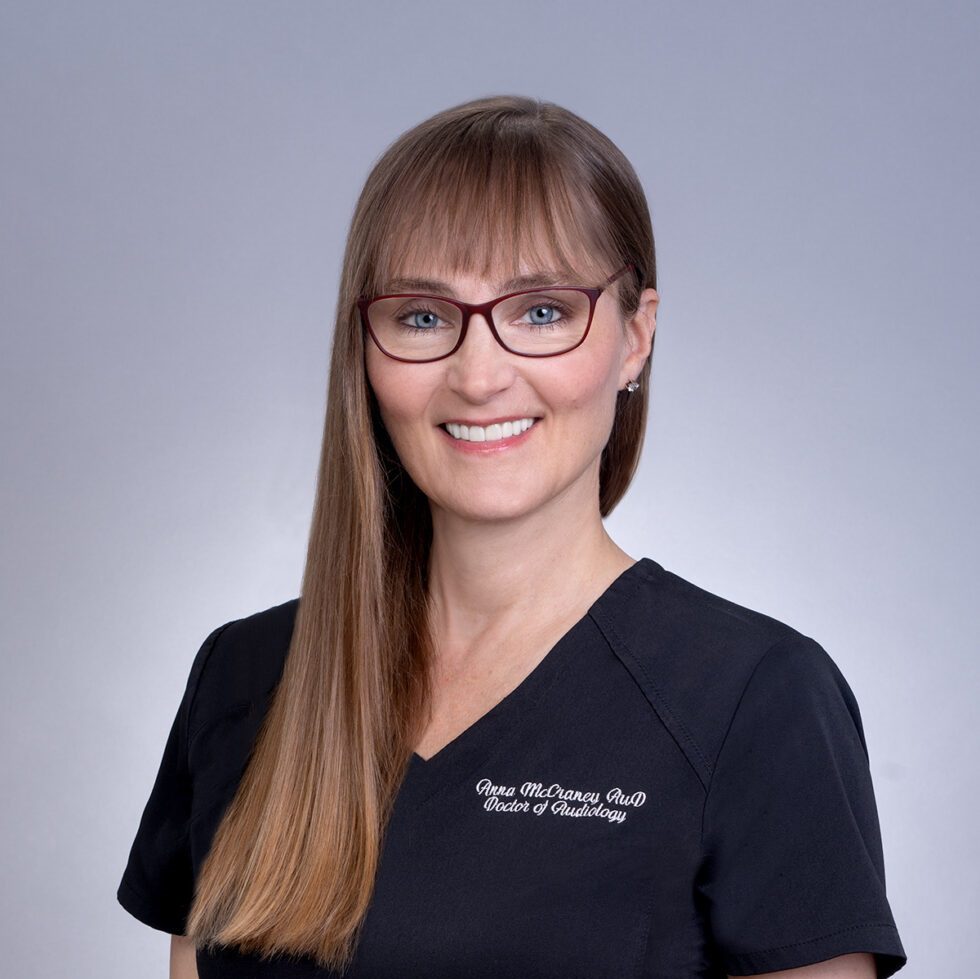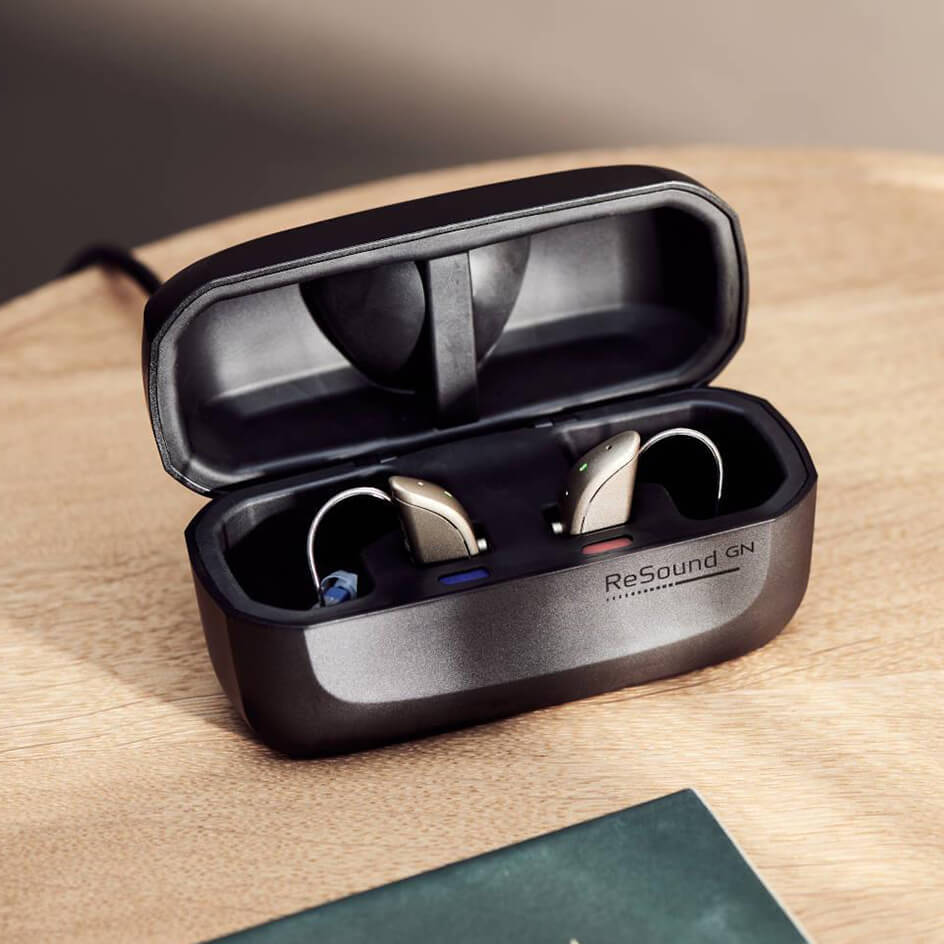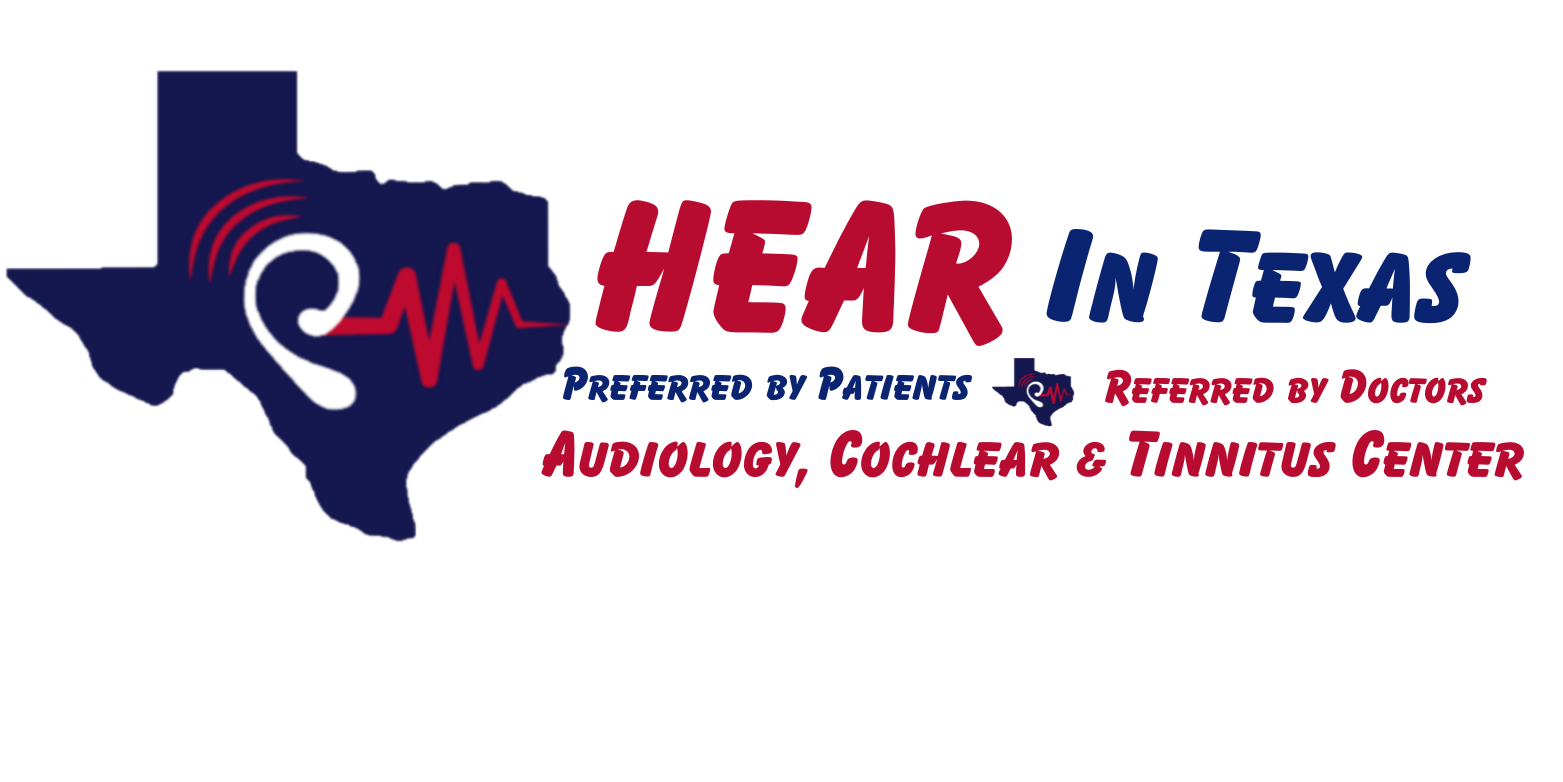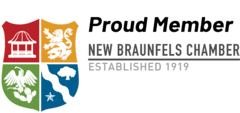HEAR IN TEXAS
Dr. Anna McCraney
Au.D.

Dr. Anna earned a Bachelor of Science degree from the University of Wyoming (UW) in 1994 and her Doctor of Audiology degree from Baylor College of Medicine (BCM) in 1999.
Dr. Anna was among the first audiologists to obtain a clinical Doctorate of Audiology. In fact, she graduated from the first program of its kind before a doctorate was required to become an audiologist.
After graduating from BCM, Dr. Anna worked at Texas Children’s hospital. Then in 2008, she joined Ototronix, manufacturer of a middle ear implant, where she served as the Director of Audiology for 16 years. During her tenure with Ototronix, she worked as a clinical trainer during audiologist and surgeon trainings, co-authored papers with renown otologists, presented research, and worked with implant recipients on three continents.
Dr. Anna is certified by the American Board of Audiology, a designation that is not required for licensure, but comes with more stringent requirements, publicly demonstrating her commitment to follow best practices.
Dr. Anna is the Vice President of Other’s, Inc, a non-profit healthcare ministry serving the people in and around Aquismón, SLP, MX.
My Life In Audiology –
Dr. Anna’s Story
When people ask me how I became an audiologist, I always say I didn’t pick audiology; audiology picked me. I attended the University of Wyoming (UW) with the intention of becoming a veterinarian. In my 2nd year of college, I found myself in a class with a Deaf student and her American Sign Language (ASL) interpreter. My only previous exposure to ASL was as a 10-year-old Girl Scout learning to sign the alphabet. Over the course of the semester, I picked up a bit of sign language. The next semester, I enrolled in an ASL class to satisfy an elective requirement.
Enamored with the gracefulness and efficiency of ASL, I ultimately took all the ASL classes UW offered. Somewhere along the way, I switched my major from zoology to speech and hearing science to pursue becoming an audiologist.
#1 - A Fortuitous Choice
While I knew nothing of audiology before my love of sign language led me to it, I was able to build hearing aids myself for my grandfather during a graduate school externship with a hearing aid manufacturer. Years later, my father was diagnosed with Meniere’s disease, a poorly understood inner ear condition that comes with significant hearing loss and episodes of crippling vertigo and roaring tinnitus. Although we lived in different states, I was able to use my understanding of his symptoms to steer him towards treatment. And still later, my son had unrelenting ear infections, requiring four sets of ear tubes by his 4th birthday! To prevent possible speech and language delays, I fit him with hearing aids to wear in the times between one set of tubes coming out and the next set going in. He’s now a talented musician/composer and a senior at Texas State pursuing a degree in Business Management.
As an audiologist, I’ve been able to help myself as well by recognizing my own symptoms of Auditory Processing Disorder (APD) which is a neurological inefficiency in the way the brain processes what it hears. So, while I don’t have hearing loss in the traditional sense, my APD causes me to struggle to understand speech in the presence of background noise similarly to what people with hearing loss experience. Having APD means I rarely understand the lyrics to a song; I rely on closed captioning, and that I can’t understand what someone is saying to me if the TV or radio is on.
#2 - An Ongoing Commitment
My career has been guided by an important lesson I learned while still a graduate student. During one of our weekly meetings in which we each discussed a challenging case with our program director, a classmate asked him why we ran patients through so much more testing than other clinics did. He said, “If you don’t ask the questions, you won’t get the answers.” It was because we did tests no one else did that we found information no one else found.
That wisdom taught me that regardless of experience level, it’s important to commit to regular and intellectually honest self-appraisals of one’s practice of audiology. The demands of a busy clinic make it tempting to settle into a routine of doing the same tests following the same protocols someone once taught us with little time to consider whether they’re still the best tests to answer the right questions. If the only reason I’m doing a test is because “that’s what I was taught,” then I’ve forgotten to make sure I’m following current best practices.
Helping You to Choose the Right Hearing Technology through our Partnerships with all Manufacturers
With each level of hearing loss and person that we help having their own unique set of circumstances, there is never a “one size fits all” approach.
That’s why we partner with every hearing aid manufacturer to ensure that we can always find the right solution for your unique needs.
This also means that we’re often front of the queue to get our hands on the latest hearing technology to ensure that you always have access to the latest developments.

Request A Callback
If you have a question or would like to speak to Dr. Sally to receive advice about your hearing or a loved one’s hearing, then you can request a callback.
You will then receive a phone call to discuss your needs, answer any questions that you may have, and offer no-obligation support/advice.
It would be wonderful to connect!
© Copyright 2025 Hear in Texas. All Rights Reserved. Designed by Topline




